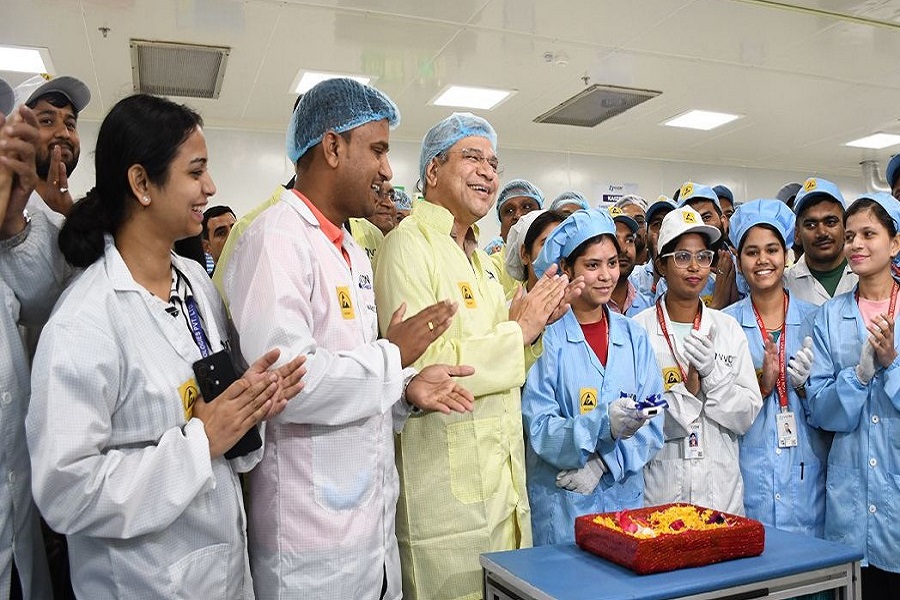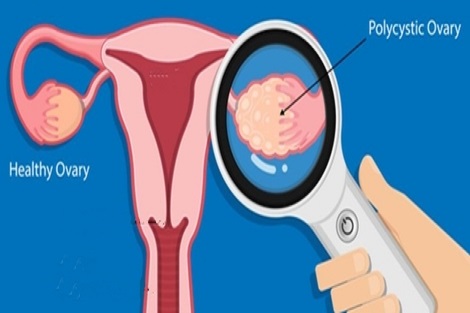Study finds link between artificial sweeteners and heart failures

Much like tongues that understand “sweet” taste, our hearts too can sense sweeteners, according a study on Saturday that found a link between artificial sweeteners like aspartame and heart failure.
The team from the University of Chicago found that the heart possesses "sweet taste" receptors -- TAS1R2 and TAS1R3 on the surface of heart muscle cells.
Stimulating these receptors with sweet substances was found to modulate the heartbeat and also cause irregular heartbeat.
In the study, the team used aspartame -- a common artificial sweetener -- to stimulate these receptors in both human and mouse heart cells. It resulted in an increase in heart muscle contraction and accelerated calcium handling -- key processes for a healthy heartbeat.
The findings may pave the way for understanding heart function and potentially for developing novel treatments for heart failure.
“After you eat a meal, it's been shown that your heart rate and blood pressure actually are increasing,” said Micah Yoder, a graduate student at Loyola University Chicago.
“Previously, this was thought to be a neural axis that's being signaled. But we're proposing a more direct consequence, where we have a spike in our blood sugar after eating a meal, and that's binding to these sweet taste receptors on the heart muscle cells, causing a difference in the heartbeat,” he added.
Notably, the study found more sweet receptors in the hearts of patients with heart failure, suggesting a possible link to the disease. In addition, the research may also explain why high consumption of artificially sweetened beverages is linked to arrhythmogenesis or an irregular heartbeat.
Yoder noted that these sweet taste receptors are particularly stimulated by artificial sweeteners like aspartame. In addition, overstimulation of these sweet taste receptors can lead to an increase in arrhythmic-like behaviour in the heart cells.
The team called for further research to fully understand the long-term effects of stimulating these receptors in the heart as well as how these receptors might be targeted to strengthen the heart in the case of heart failure.
The study will be presented at the 69th Biophysical Society Annual Meeting, to be held February 15-19, 2025 in Los Angeles, US.






















